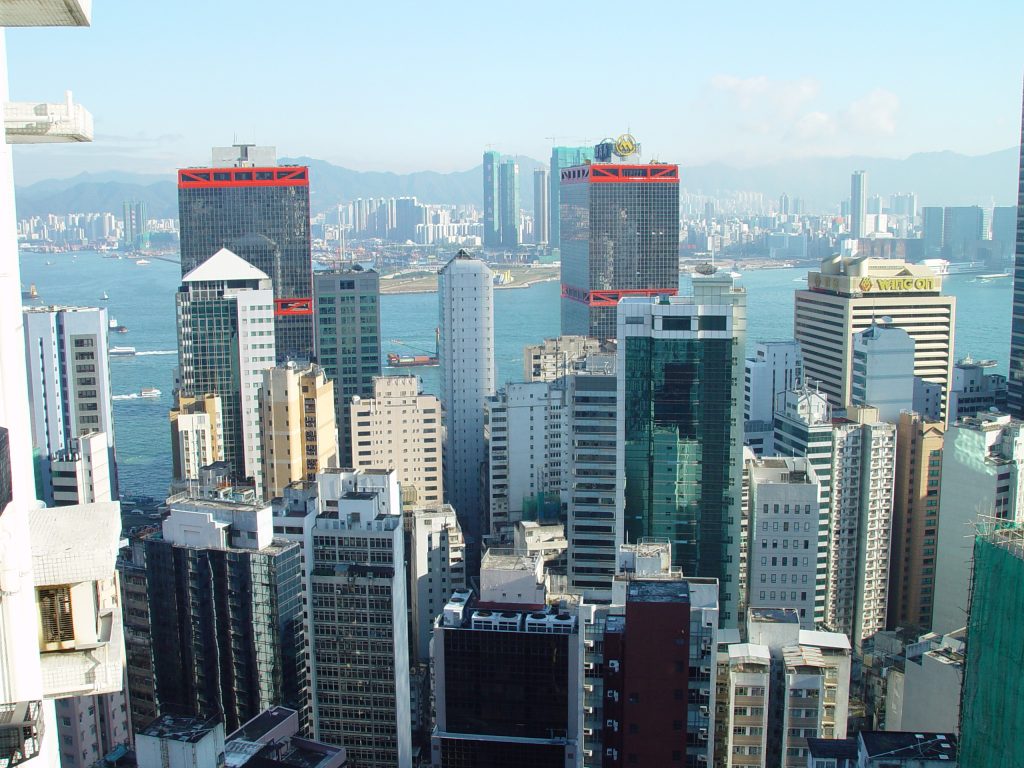Dr Errol D’Souza
Half of humanity lives in cities today and almost all the urban expansion in the next few decades are going to take place in the developing world. Yet one in four urban residents across the world lives in slums and the share is much higher in developing countries – it is 24 per cent in India. Rapid urbanisation will put pressure on water supply, sewage, public health, the living environment will be affected by carbon emissions from energy consumption, and urban dwellers in the country will increasingly be breathing unsafe air and dying from ambient air pollution. In all of this, the poor have a high chance of being made scapegoats for the wider structural problems that will be encountered. They often get blamed for the lack of sanitation and poor infrastructure whilst urban authorities continue to struggle to deliver public services that make cities livable and to invest in the future of their citizens.
Demolition and displacement is often advanced as a solution rather than upgrading strategies and freeing up public land for housing stock. Residents in slums would benefit from the provision of piped water that would reduce their outlays on water of questionable quality, improved drainage requires less to be spent on house repairs and reduces their susceptibility to waterborne diseases that increases expenditures on health, enhanced street lighting reduces crime, etc. All these, if designed with features that are deemed desirable to the beneficiary and implemented with sincere regard for time and cost overruns can even secure consent from such communities to pay for a part of the total project cost from the costs it saves them for seeking substitutes for the provision of such amenities.
The future of urban areas is that of continued growth accompanied by a growth in incomes for those who are skilled. Work requiring unstructured material activity that cannot be automated will be in demand but may not pay enough to enable a living wage and a vast majority of migrants to urban areas will be in that space. The success of cities will depend to what extent they provide inclusive resolutions to the conditions of work and habitation of the less skilled so as to improve the sustainability of cities and their residents. Cities will increasingly become crowded and will experience both the benefits and the hazards of urban density. The benefits of productive income generation will increasingly have to be traded off with the drawbacks of congested roads, impure and inadequate water supply, and air pollution amongst others.
Providing infrastructure, improving regulation, and building a politics that involves amenities for all sections of the population will be crucial for their sustainability. Otherwise there is a high chance that the way cities will promote their continuation will be via repression. Blue collar workers will then resort to hustling via opportunistic practices given the vulnerabilities and adversities they face from a lack of institutional attention to their problems. With expanding value chains, the emphasis in policy has been on removing tariffs and regulatory barriers and reducing transactions costs on handling goods and the ease of doing business. This will further increase trade and feed growth including in peri urban areas. For the vast majority who perform jobs involving unstructured physical activity, however, their sustainable future depends amongst other things on improved access to finance and investment in education that is crucial to enable their participation in the high skill specialisation patterns of growth that will emerge over the coming decades. Without these interventions the answer to the question we began with is that migration will not be beneficial for those from rural areas except for giving them possibly the benefit of urban anonymity and a temporary source of purchasing power. It will not be a sustainable solution to their search for better opportunities and livelihoods. (Concluded)
The writer is a Professor of Economics and the Director at the Indian Institute of Management, Ahmedabad. The Billion Press.
